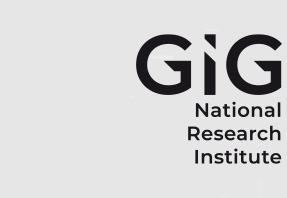Author ORCID Identifier
Richard Takyi 0000-0002-5079-5898
Rasha Hassan 0000-0001-9291-451X
Badr El Mahrad 0000-0001-6485-0539
Richard Adade 0000-0003-4832-4269
Abstract
The surge in artisanal gold mining (AGM) activities and the associated environmental impact in Ghana have elicited several stakeholders' attempts to curb the problem. However, due to little understanding of the underlying issues, these efforts have been ineffective. This study aims to use a socio-ecological framework to analyze drivers of AGM activities, the environmental pressures, the state change, their impact on human welfare, and the management response as measures (DAPSI(W)R(M)) to the problem. Evaluate AGM's impact on Ghana's ability to achieve the United Nations Sustainable Development Goals (SDGs). Data were collected from relevant literature on the subject and analyzed with the DAPSI(W) R(M) framework. Esteem needs, food, acceptance and friendship, and self-actualization are the main drivers of AGM activities leading to environmental pressures, including abrasion, extraction of living and non-living resources, the introduction of non-synthetic compounds, among others. State changes of the environment resulting from the pressures generated by human activities were changes in the land and forest cover (1.13%), topography (hills turned into flatland and undulating), and biota. Due to the state in the environment, water quality and availability, agriculture food production, fish yield, food safety, spiritual and cultural loss, death, injury, and health of gold miners and other stakeholders have been affected.
Recommended Citation
Takyi, Richard; Hassan, Rasha; El Mahrad, Badr; and Adade, Richard
(2021)
"Socio-ecological Analysis of Artisanal Gold Mining in West Africa: A Case study of Ghana,"
Journal of Sustainable Mining: Vol. 20
:
Iss.
3
, Article 6.
Available at: https://doi.org/10.46873/2300-3960.1322
Creative Commons License

This work is licensed under a Creative Commons Attribution 4.0 License.

